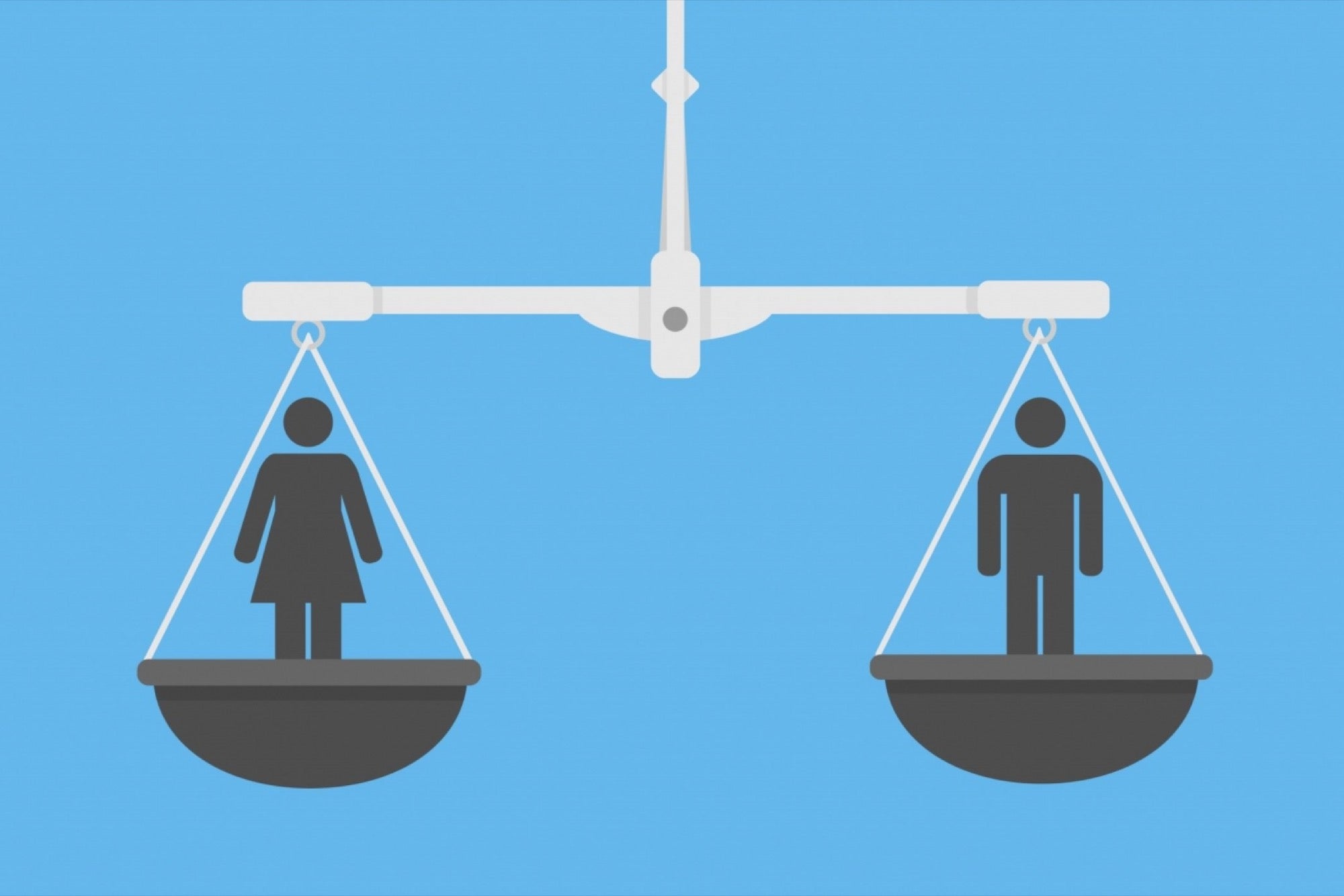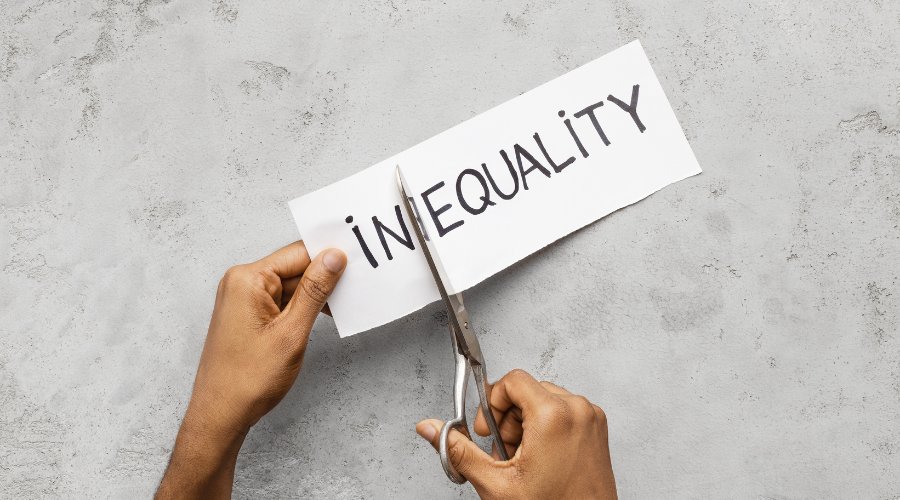Economic equality is a crucial factor in building a stable and prosperous society. By ensuring fair access to resources, opportunities, and wealth distribution, societies can promote long-term stability and comprehensive development. Achieving economic equality helps reduce the gap between rich and poor, fosters social harmony, and enhances opportunities for all members of society. This article explores how economic equality can pave the way for a more balanced and sustainable future.
Aspects of economic equality
Economic equality is a multifaceted concept that encompasses various elements crucial for creating a just and fair society. By addressing key areas such as historical developments, contributing factors, and ongoing challenges, we can better understand how economic equality can be achieved and sustained. Below are the main aspects that shape and define economic equality in modern societies.
History of economic equality
The pursuit of economic equality has evolved over centuries, driven by various social movements and political reforms. From early struggles for workers’ rights to major revolutions, the idea of distributing resources and opportunities more fairly has been a constant theme in human history.
Key events such as the labor movements of the 19th century, the push for civil rights, and more recent demands for income redistribution have all contributed to shaping modern perspectives on economic equality. These historical milestones highlight the ongoing efforts to reduce economic disparity and create more balanced societies.

Factors Contributing to economic equality
Achieving economic equality requires addressing several critical factors that impact the distribution of wealth and opportunities within society. Key among them are:
- Access to employment opportunities: Ensuring that everyone, regardless of background, has fair chances for employment and career advancement is essential for reducing income inequality.
- Education: Providing equal access to quality education enables individuals from all economic backgrounds to improve their economic standing, thus promoting a more level playing field.
- Tax policies: A fair tax system that redistributes wealth from higher-income groups to support those in need plays a crucial role in narrowing the economic gap.
- Access to finance: Offering inclusive financial services ensures that all individuals, particularly those from disadvantaged groups, can participate in economic growth and entrepreneurial activities.
By focusing on these areas, societies can work towards greater economic equality and create a more equitable and prosperous future for all.
Benefits of economic equality
Promoting economic equality brings numerous advantages to both individuals and society as a whole. Some key benefits include:
- Sustainable economic growth: By ensuring equal access to resources and opportunities, economic equality fosters balanced development, allowing more people to contribute to and benefit from the economy.
- Reduction of social inequality: Narrowing the income gap between the rich and the poor helps create a more cohesive society where everyone can thrive, reducing tensions and divisions.
- Enhanced political and social stability: Societies with greater economic equality tend to experience fewer conflicts and more stability, as a fairer distribution of wealth leads to a more peaceful social environment.
- Improved quality of life: It’s enhances access to essential services like healthcare, education, and housing, improving the overall quality of life for all members of society.
By focusing on economic equality, societies can ensure long-term stability and create a foundation for comprehensive development.
Challenges to economic equality
Achieving economic equality is a complex process, and several challenges stand in the way of creating a more equitable society. Some of the key challenges include:
- Income disparity: The significant gap between the wealthy and the poor is one of the most persistent barriers to economic equality, as wealth is often concentrated in the hands of a few, making it difficult to redistribute resources fairly.
- Limited access to education and healthcare: Many disadvantaged groups struggle to access quality education and healthcare, which are essential for breaking the cycle of poverty and improving economic mobility.
- Resistance from powerful interest groups: Wealthy and influential groups may resist reforms aimed at reducing inequality, as they often benefit from the current system and may block efforts to redistribute wealth and opportunities.
- Globalization and technological changes: While these forces can create new opportunities, they can also exacerbate inequalities by favoring those with access to capital, technology, and education, leaving others behind.
These challenges highlight the need for continuous efforts and policies to overcome obstacles to economic equality and create a more inclusive society.

The significance of economic equality for society
Economic equality plays a pivotal role in building a fair and stable society. When wealth and opportunities are distributed more equally, it fosters social cohesion and reduces tensions between different economic classes. This leads to a stronger sense of unity, where individuals feel more invested in the overall well-being of their community.
Moreover, it’s promotes long-term stability by reducing poverty and narrowing the gap between the rich and poor. Societies with greater equality tend to have higher levels of trust and cooperation, which are essential for sustaining peaceful social and political environments. Additionally, it encourages more inclusive economic growth, where all members of society can contribute to and benefit from shared prosperity.
In short, focusing on economic equality not only improves individual lives but also enhances the overall health and stability of society.

Conclusion
In conclusion, economic equality is essential for creating a stable, fair, and prosperous society. By addressing key factors like access to education, employment, and financial services, we can work towards reducing the gap between the rich and poor.
While there are challenges, such as income disparity and resistance from powerful interest groups, the benefits of achieving economic equality-such as sustainable growth, reduced social tensions, and greater political stability-are far-reaching. It is clear that fostering economic equality is not only a moral imperative but also a pathway to comprehensive development and long-term societal harmony.
